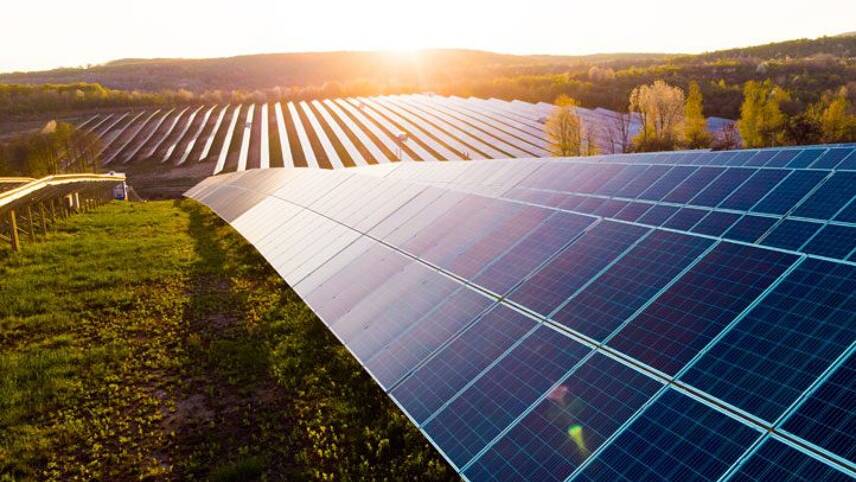Register for free and continue reading
Join our growing army of changemakers and get unlimited access to our premium content

A further 80 solar farms are to be introduced across the Army’s estate in the next seven years
Centrica Business Solutions has been onboarded to steer the deliver of the British Army’s first solar farm, which will be located at Army’s Defence School of Transport (DST) in Leconfield, Yorkshire.
Construction started on the 2.3MW solar farm earlier this year, with more than 4,000 solar panels set to provide the school with one third of its electricity needs.
It forms part of “Project Prometheus”, which will see three further solar farm pilots introduced at Duke of Gloucester Barracks, South Cerney, Gloucestershire; Rock Barracks, Suffolk; and Baker Barracks on Thorney Island, Sussex. These projects are scheduled for delivery later this year, with a further 80 solar farms to be introduced across the Army’s estate in the next seven years.
Defence Procurement Minister, Jeremy Quin, said: “Project Prometheus is an example of how Defence is actioning its all-encompassing approach to reducing carbon emissions and increasing sustainability, announced last week.
“The Army, through Prometheus, is showing our commitment to positive green initiatives, driving impressive energy efficiency savings.”
The four pilots are anticipated to deliver more than £1m in energy savings, which will be reinvested into Army energy infrastructure to help reach net-zero emissions by 2045. Carbon savings of around 2,000 tonnes are also expected annually.
Major General David Southall, Director Basing and Infrastructure and the Army’s Sustainability Champion, said: “The Army remains wholly committed to play its part in meeting the UK’s commitment to achieve net zero emissions by 2050. To deliver this, we are working hard to reduce energy demand as well as increase ‘green’ supply across our estate.
“Project Prometheus is an exciting pilot which will showcase renewable energy generation across the Army estate. When operational, we will learn from our four pilot sites and scale-up fast across the wider Army estate to help decarbonise the power we use.”
earlier this week edie and Centrica Business Solutions launched a new guide detailing everything businesses need to know and consider when looking to decarbonise heating in line with the net-zero movement.
Currently, fossil fuels dominate heating, so transforming how heat is generated in both homes and businesses is an urgent challenge. According to National Grid, around 85% of households use gas for heating, making it one of the most important sectors to decarbonise.
Click here to download your copy of the edie Explains guide.
Matt Mace


Please login or Register to leave a comment.